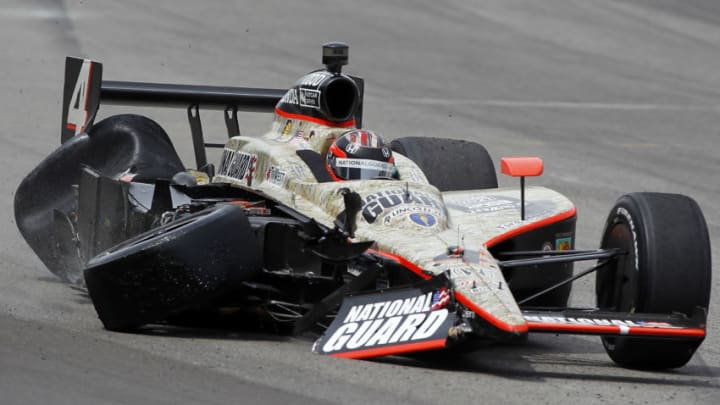Formula 1 and IndyCar: The greatest lie ever told about open-wheel racing
By Asher Fair

Introduction (continued)
In open-wheel racing, many of these kinds of examples are based on individuals as opposed to teams, so here’s the best individual example I could come up with.
In the 2012 Summer Olympics in London, England, 16-year old American gymnast McKayla Maroney was the heavy favorite to win the gold medal the vault final. The odds for her to win were (-175), essentially meaning she had a 63.64% to win the gold medal, and the field had just a 36.36% chance to do so.
The announcers made sure that everyone knew this with 19 minutes of non-stop discussion about her prior to her performance during the broadcast, during which they basically guaranteed victory for her roughly 939 trillion times (give or take a few thousand).
In that time, there were three separate lengthy pre-recorded clips/cutscenes of her, and they were not just replays, either.
But in the end, she ended up with a silver medal after failing to land her dismount in her second and final vault. In fact, a meme of her “not impressed” face when she stood on the podium with her silver medal went viral almost instantly and ended up being one of the top memes of 2012.
The point? There are many, many instances in which people don’t forget about second place finishers regardless of what you’re told to believe.
Here are some open-wheel racing-related examples that prove this quote is inaccurate when it comes to motorsports. Keep in mind, however, that being remembered for finishing in second place isn’t necessarily a positive thing, as I’m sure you have gathered from this slide and the last slide.